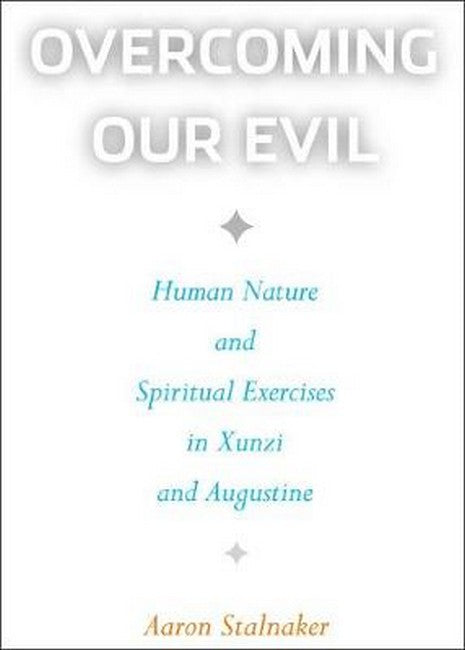Introduction Source and Citation Formats 1. Comparative Ethics Comparison in Religious Ethics Conceptual Diversity, not Conceptual Relativism Structural Choices and Productive Comparisons Bridging Religious Worlds Why Xunzi and Augustine? Notes 2. Contexts for Interpretation Xunzi and Augustine Bridge Concepts Notes 3. Ugly Impulses and a Muddy Heart Xunzi on Human Nature Xunzi's Conception of a PersonNotes 4. Broken Images of the Divine Augustine on Human Nature Augustinian PersonhoodNotes 5. Comparing Human "Natures" Revisiting Bridge Concepts Comparative Moral Psychology: Themes for Further Development "Human Nature" in the Context of Formative PracticesNotes 6. Artifice is the WayFollowing the Way Spiritual Exercises Xunzi's Theory of the Stages of Personal FormationNotes 7. Crucifying and Resurrecting the MindFrom Death into Life: The Shape of Augustinian Christianity Preconditions for Effective Practice Spiritual Exercises Augustine's Theory of the Stages of Personal FormationNotes 8. Reformations: Spiritual Exercises in Comparative Perspective Virtue and "the Will" Spiritual Exercises and the Manipulation of Inner and Outer Chastened IntellectualismNotes 9. Understanding and Neighborliness The Varieties of Moral Agency "Spoiling the Egyptians": Holism, Interpretation, and Theft Global NeighborlinessNotes References Index

